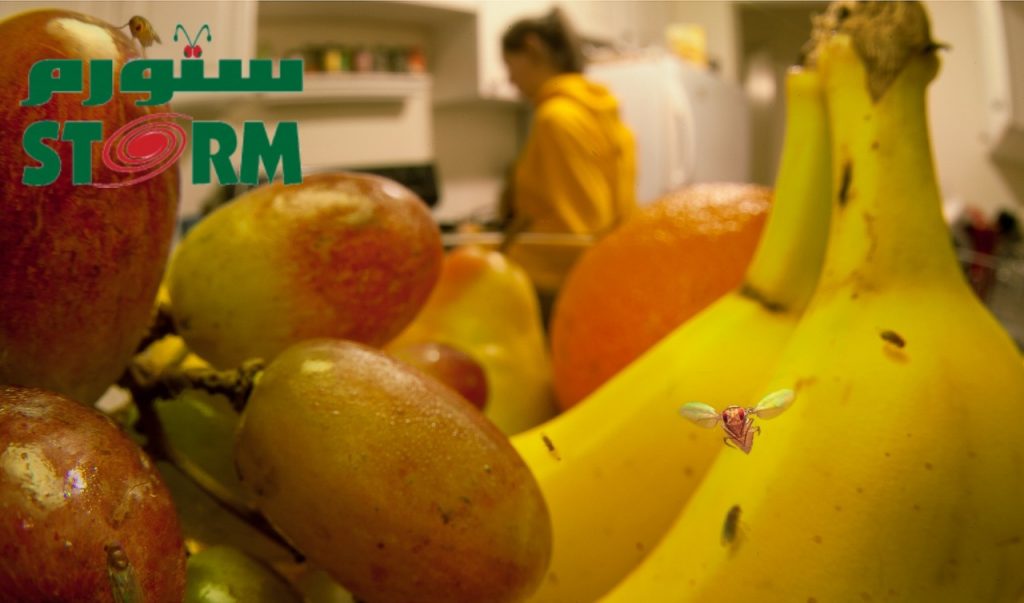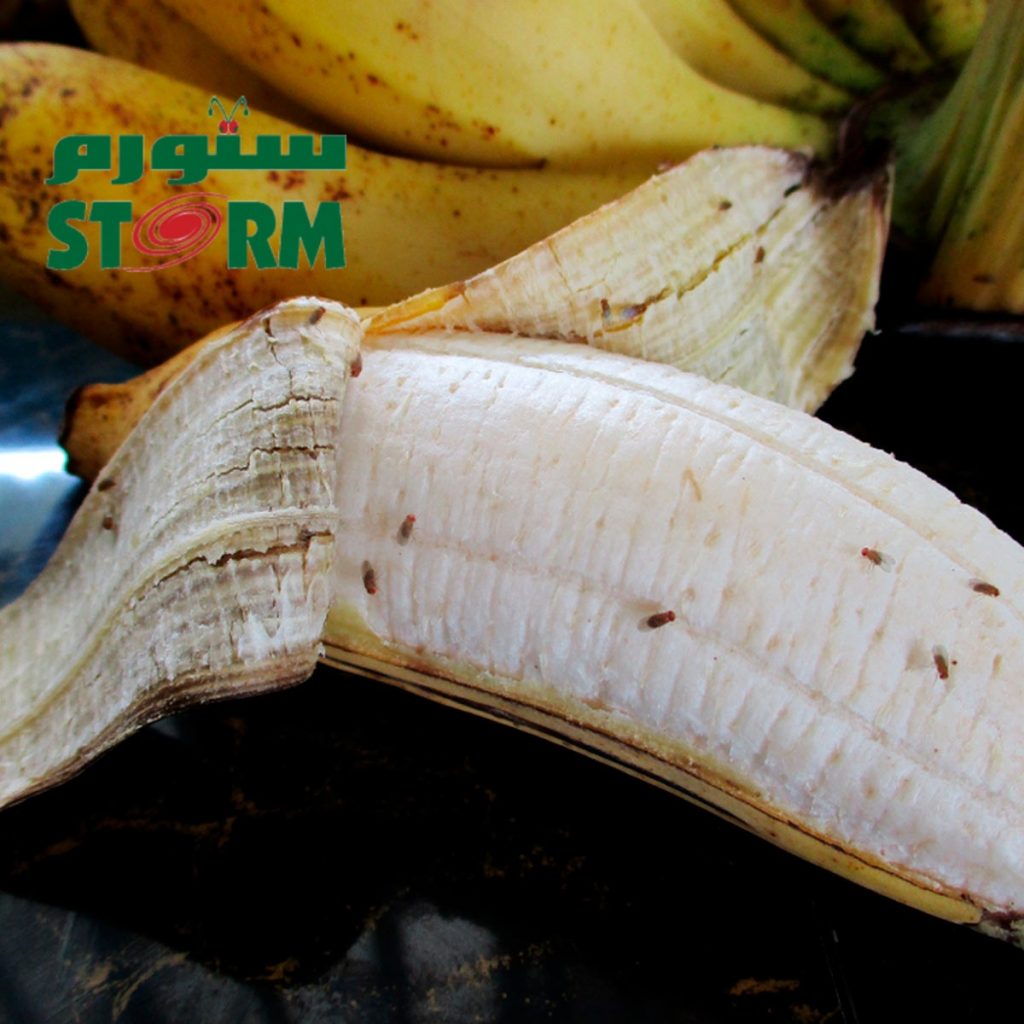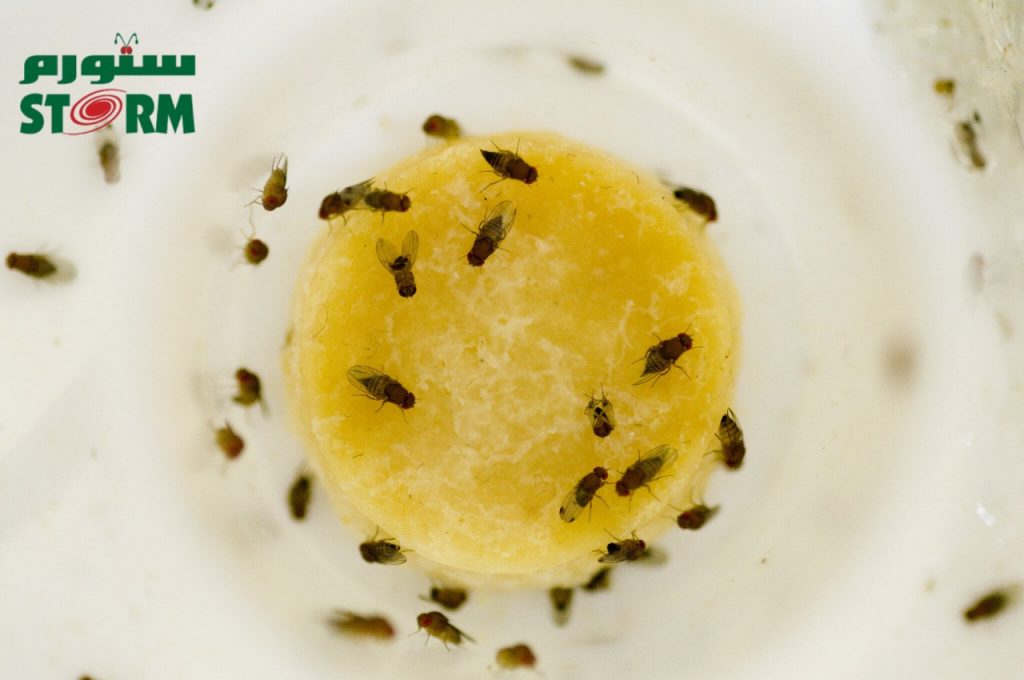Insect & Pest Control
Fruit flies, the causes of their spread and methods of prevention and control
If you notice small flies in your kitchen, they are probably fruit flies. Fruit flies are especially common during the summer and fall season because they are attracted to ripe or fermented fruits and vegetables as they feed on high fructose.
Females lay their eggs on the surface or inside ripe, rotting, or decaying fruits. Each female fly can lay up to 500 eggs at a time so it is important to take action once you spot the first fruit fly. After hatching, the larva feeds on its surroundings for a few days, before developing into full-fledged adults. So that the entire life cycle from egg to adult can be completed in about a week.
Fruit flies are bothersome pests that have the potential to contaminate food with bacteria and other disease-causing organisms. Dangerous bacteria and other germs can stick to their bodies, and they can come into contact with our food or our hands and spread diseases, especially diarrhoea.

Prevention of fruit flies
- Keep surfaces clean so that when you pour in some fruit juice or any other sugary substance, do not wait for fruit flies to gather and clean it immediately.
- Make sure to clean water drains, especially those in the kitchen, from food particles that may get stuck in the drain. Otherwise, these particles will become a breeding ground for fruit flies.
- Clean utensils that you use for eating, especially fruits.
- Rotten fruits should be disposed of and cleaned well.
- Be sure to empty and clean the trash can of food waste periodically.
- Put fruits and vegetables in the refrigerator, inspect and discard spoiled ones.

Control of fruit flies
- In the beginning, it is necessary to find places of reproduction and attract fruit flies from places where fruit flies may be found in drains, especially those in the kitchen, under the refrigerator or garbage bin. If you can locate the location, place a clear plastic bag over the opening overnight. If flies are breeding in these areas, adults will emerge and get stuck in the bag.
- Put a trap for fruit flies, for example, bring a glass jar, put a little apple cider vinegar in it, and close the jar with a plastic bag perforated, as it will collect as many flies as possible inside the jar. Then use the pesticide to kill the fruit flies.
After eliminating the source of attraction and breeding, an insecticide can be used to kill any remaining adult flies in the area.
You cleaned and cleaned, but you were unable to eliminate it and you still see it in your surroundings. In Storm, we can address the issue and eliminate it and any kind of insects or pests that concern you. We have a specialized team capable of solving all these problems. Just get in touch and let us do the rest.

 العربية
العربية
